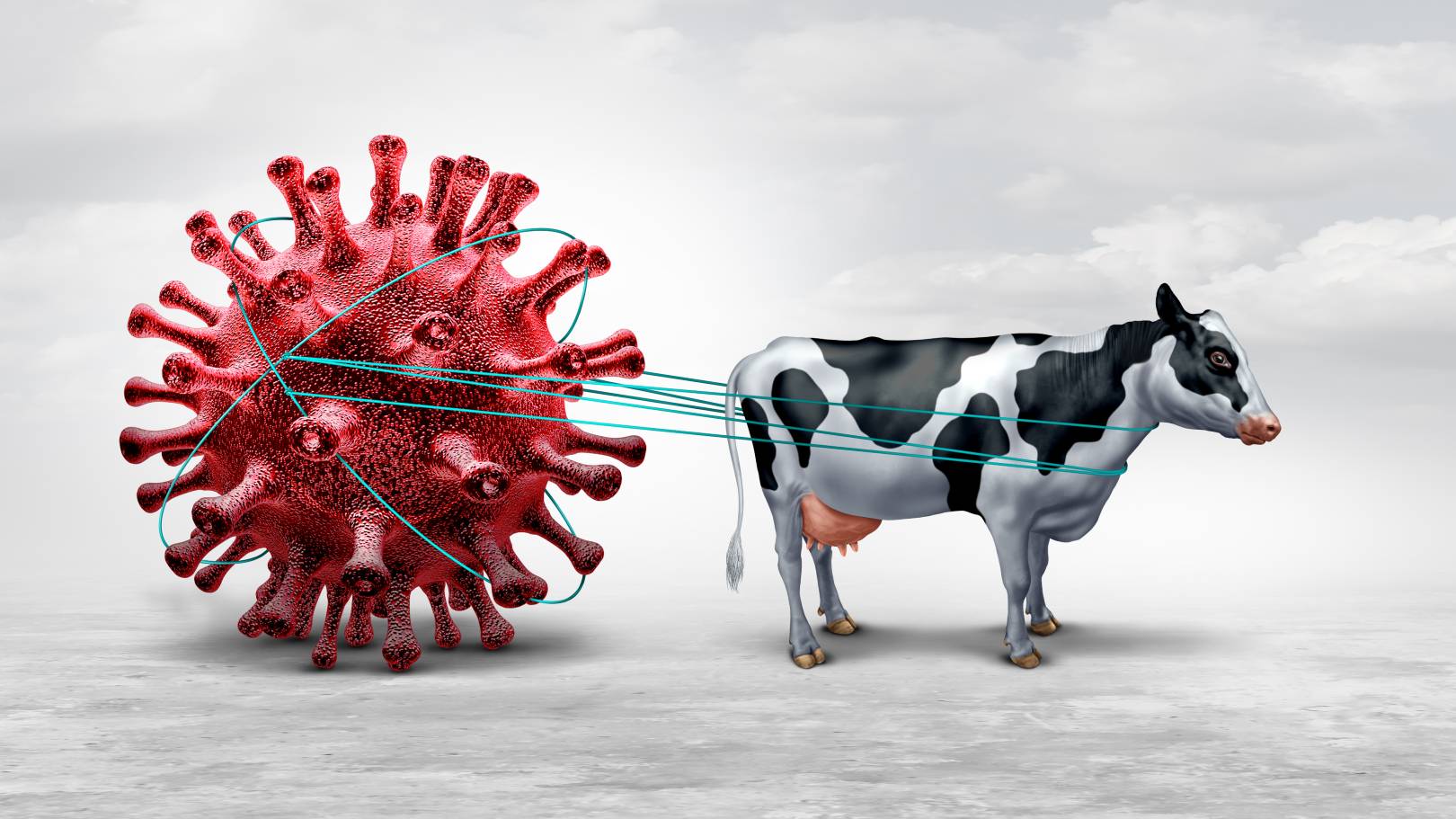86% of Americans Would Not Drink Milk If They Knew It Contained Dead Bird Flu Virus, Survey Shows

Washington, D.C. — A new national survey shows that the vast majority of Americans, 86%, would not drink milk if they knew it contained dead bird flu virus. The survey was conducted by Morning Consult for the Physicians Committee for Responsible Medicine, a non-profit organization with more than 17,000 physician members, on Jan. 7, 2025, and included 2,205 adults. Last spring, Ohio State University researchers found H5N1 viral RNA in 58 of 150 samples from 10 states.
“Consumers are clear in this new survey that they do not want to consume cow’s milk affected by bird flu virus, even if the milk is pasteurized and the risk of infection is low,” says Dr. Anna Herby, nutrition education specialist with the Physicians Committee. “Cow’s milk can cause digestive upset and increase the risk of certain types of cancers. To avoid health concerns associated with drinking cow’s milk, there are many great dairy alternatives. Soy milk is the highest in protein and has the added benefits of isoflavones, which can reduce breast cancer risk.”
Researchers believe that the bird flu could be the root cause of our next pandemic. According to the United Nations, intensive animal agriculture, such as factory farming, is responsible for more than 50% of zoonotic diseases. Crowded conditions, widespread antibiotic use, genetic modification of animals, and unhygienic conditions increase the risk of viruses that infect animals, mutate, and gain the ability to infect humans. Many consumers will choose to avoid animal products for this reason.
Conversely, a plant-based diet was found to be associated with a 73% lower odds of moderate-to-severe COVID during the pandemic. The British Medical Journal recently published research showing that a plant-based diet reduced hospitalizations and symptoms of COVID among patients on a plant-based diet. Interest in adopting alternatives to dairy and moving toward a plant-based lifestyle are already strong, and the threat of bird flu surrounding the dairy industry is likely to increase that interest.
Nutritious plant-based milks exist for those who can’t safely consume or don’t want to consume cow’s milk. Dr. Herby offers these:
5 Nutritious Alternatives to Cow’s Milk, in no particular order.
1. Almond Milk:
- Low in calories.
- High in vitamin E, which is an antioxidant.
- Typically fortified with calcium and vitamin D.
- Suitable for those with lactose intolerance.
2. Soy Milk:
- Isoflavones have been shown to be beneficial for breast cancer risk reduction.
- Comparable protein content to cow's milk.
- Fortified with calcium and vitamin D.
- May help lower cholesterol levels.
- Suitable for those with lactose intolerance.
3. Oat Milk:
- Creamy texture and mild flavor.
- Contains beta-glucans, which may help lower cholesterol levels.
- Environmentally friendly production compared to cow’s and almond milk.
- Often fortified with calcium and vitamin D.
- Suitable for those with lactose intolerance.
4. Coconut Milk:
- Creamy texture and tropical flavor.
- High in medium-chain triglycerides (MCTs), which may have various health benefits.
- Typically free from allergens like dairy and nuts.
- Suitable for those with lactose intolerance.
5. Rice Milk:
- Naturally sweet flavor.
- Hypoallergenic and suitable for those with multiple food allergies.
- Low in fat and cholesterol-free.
- Suitable for those with lactose intolerance.
Media Contact
Leslie Raabe
202-527-7319
lraabe[at]pcrm.org
Founded in 1985, the Physicians Committee for Responsible Medicine is a nonprofit organization that promotes preventive medicine, conducts clinical research, and encourages higher standards for ethics and effectiveness in education and research.








